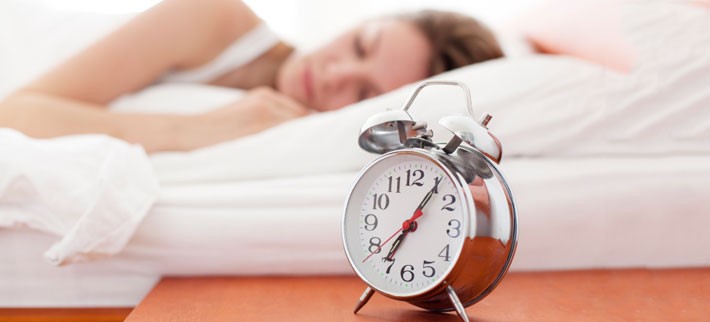0203 397 8891
Open today: 9:00am - 6:00pm

Having a good night's sleep is extremely important for us to feel refreshed and ready for the next day. Today, trouble sleeping is very common and can have bad effects on our health like weight gain and stress, but prolonged lack of sleep can also lead to more severe illnesses such as cancer, heart disease, diabetes and obesity. A study by the Mental Health Foundation in 2011 revealed these statistics:

Having a good night's sleep is extremely important for us to feel refreshed and ready for the next day. Today, trouble sleeping is very common and can have bad effects on our health like weight gain and stress, but prolonged lack of sleep can also lead to more severe illnesses such as cancer, heart disease, diabetes and obesity. A study by the Mental Health Foundation in 2011 revealed these statistics:
- 27% of people in the UK have sleep problems at any one time
- 10% suffer from chronic insomnia
- The cost of sleep deprivation to the UK economy is estimated at £1.6 billion a year
- 75% of the UK workforce gets less than the recommended eight hours of sleep per night
Securing the right amount of sleep and a good quality each night has excellent health benefits, for example if you are sleep deficient your body goes into a state of stress because your blood pressure increases; therefore good quality sleep will help reduce stress levels in the mornings. We share our top 8 tips on how to sleep well:
Set a regular bedtime every night. As soon as you feel tired go to sleep so you don't toss and turn. If you go to sleep at the same time each day then your body will start to get used to it and you will find it easier to fall asleep at night.
Try to keep your room well ventilated at night as this will enhance your night's sleep; sleeping with your windows open at night will let more air in, or you can place a house plant in your room to release oxygen at night such as an orchid or aloe.
If you are getting enough sleep then you shouldn't need an alarm clock to wake yourself up in the morning. Going to sleep and waking up at the same time every day will help your body set your sleep rhythm.
Try to avoid drinking caffeine 4 -6 hours before your usual bedtime as this would make you more alert and therefore harder for you to get to sleep.
Make sure your room is not too hot or cold because this can keep you awake. Make your bed comfortable and sleep with as few pillows because the more you have the more likely you are to awake in awkward positions with neck pain.
Before you go to sleep make sure the room is nice and dark because your internal clock can be disrupted by even the tiniest bit of light as it signals your brain that it's time to wake up. Also try to avoid watching television just before you're about to go to bed as TV is very stimulating and it can take you longer to fall asleep.
If you are making up for lost sleep then it is a good idea to have a power nap - a short doze off for approximately 10-20 minutes. However if you don't need to catch up on any sleep, and you still have naps, this could affect your sleeping at night because you'll no longer feel tired when the time comes around.
Try not to go to bed at night with problems from your day whizzing through your head because the more you think about them, the more you will worry, making it difficult to have a good night's sleep. Any thoughts of problems that you have, try writing them down in a notebook and write next to them how you will solve them tomorrow and gradually you will drift off into a problem-free sleep zone.
Sweet dreams and sleep well.
Talk to one of our Travel Specialists on or contact us here to discuss tailor-making your perfect sleep enhancement retreat.
Join our mailing list to receive the latest news, offers & £50 off your first holiday.